INTERPRETATION OF STATUTE
Commissioner of Customs (Import), Mumbai Versus Dilip Kumar & Company [2018 (361) E.L.T. 577 (S.C.)]-
General Clauses Act to be referred in case of Doubt in the Statutory Provision
In all the Acts and Regulations, made either by the Parliament or Legislature, the words and phrases as defined in the General Clauses Act and the principles of interpretation laid down in General Clauses Act are to be necessarily kept in view. If while interpreting a Statutory law, any doubt arises as to the meaning to be assigned to a word or a phrase or a clause used in an enactment and such word, phrase or clause is not specifically defined, it is legitimate and indeed mandatory to fall back on General Clauses Act. Notwithstanding this, we should remember that when there is repugnancy or conflict as to the subject or context between the General Clauses Act and a statutory provision which falls for interpretation, the Court must necessarily refer to the provisions of statute
Intention of Legislature
The purpose of interpretation is essentially to know the intention of the Legislature. Whether the Legislature intended to apply the law in a given case; whether the Legislature intended to exclude operation of law in a given case; whether Legislature intended to give discretion to enforcing authority or to adjudicating agency to apply the law, are essentially questions to which answers can be sought only by knowing the intention of the legislation. Apart from the general principles of interpretation of statutes, there are certain internal aids and external aids which are tools for interpreting the statutes.
If a statutory provision is open to more than one meaning, the Court has to choose the interpretation which represents the intention of the Legislature. District Mining Officer v. Tata Iron and Steel Co., (2001) 7 SCC 358
Object and Purpose of Granting Exemption is Irrelevant
In Hansraj Gordhandas case (supra), the Constitutional Bench unanimously pointed out that an exemption from taxation is to be allowed based wholly by the language of the notification and exemption cannot be gathered by necessary implication or by construction of words; in other words, one has to look to the language alone and the object and purpose for granting exemption is irrelevant and immaterial.
Internal and External Aids
The long title, the preamble, the heading, the marginal note, punctuation, illustrations, definitions or dictionary clause, a proviso to a section, explanation, examples, a schedule to the Act etc., are internal aids to construction.
The external aids to construction are Parliamentary debates, history leading to the legislation, other statutes which have a bearing, dictionaries, thesaurus.
Words having Ordinary and Natural Sense
The well-settled principle is that when the words in a statute are clear, plain and unambiguous and only one meaning can be inferred, the Courts are bound to give effect to the said meaning irrespective of consequences. If the words in the statute are plain and unambiguous, it becomes necessary to expound those words in their natural and ordinary sense. The words used declare the intention of the Legislature. In Kanai Lal Sur v. Paramnidhi Sadhukhan, AIR 1957 SC 907, it was held that if the words used are capable of one construction only then it would not be open to the Courts to adopt any other hypothetical construction on the ground that such construction is more consistent with the alleged object and policy of the Act.
Plain Mean causing Hardship and Inconvenience
In applying rule of plain meaning any hardship and inconvenience cannot be the basis to alter the meaning to the language employed by the legislation. This is especially so in fiscal statutes and penal statutes. Nevertheless, if the plain language results in absurdity, the Court is entitled to determine the meaning of the word in the context in which it is used keeping in view the legislative purpose [Assistant Commissioner, Gadag Sub-Division, Gadag v. Mathapathi Basavannewwa, 1995 (6) SCC 355].
Tax to be Imposed by Authority of Law
[265. Taxes not to be imposed save by authority of law – No tax shall be levied or collected except by authority of law.] Article 265 of the Constitution prohibits the State from extracting tax from the citizens without authority of law. It is axiomatic that taxation statute has to be interpreted strictly because State cannot at their whims and fancies burden the citizens without authority of law. In other words, when competent Legislature mandates taxing certain persons/certain objects in certain circumstances, it cannot be expanded/interpreted to include those, which were not intended by the Legislature.
Plain Meaning Rule
The plain meaning rule’ suggests that when the language in the statute is plain and unambiguous, the Court has to read and understand the plain language as such, and there is no scope for any interpretation. This salutary maxim flows from the phrase “cum inverbis nulla ambiguitas est, non debet admitti voluntatis quaestio”. Following such maxim, the Courts sometimes have made strict interpretation subordinate to the plain meaning rule [Mangalore Chemicals case (Infra para 37).], though strict interpretation is used in the precise sense. To say that strict interpretation involves plain reading of the statute and to say that one has to utilize strict interpretation in the event of ambiguity is self-contradictory.
Rule of Equity, Presumption, Implied
Equity has no place in interpretation of a tax statute. Strictly one has to look to the language used; there is no room for searching intendment nor drawing any presumption. Simply because one class of legal entities is given a benefit which is specifically stated in the Act, does not mean that the benefit can be extended to legal entities not referred to in the Act as there is no equity in matters of taxation….”
There is no room for any intendment
Nothing has to be read into nor should anything be implied other than essential inferences while considering a taxation statute.
Hardship or equity is not relevant in interpreting provisions imposing stamp duty, which is a tax, and the Court should not concern itself with the intention of the Legislature when the language expressing such intention is plain and unambiguous [State of Madhya Pradesh v. Rakesh Kohli & Anr., (2012) 6 SCC 312].
A taxing statute cannot be interpreted on any presumption or assumption. A taxing statute has to be interpreted in the light of what is clearly expressed : it cannot imply anything which is not expressed : it cannot import provisions in the statute so as to supply any deficiency : (ii) Before taxing any person, it must be shown that he falls within the ambit of the charging section by clear words used in the section; and (iii) If the words are ambiguous and open to two interpretations, the benefit of interpretation is given to the subject and there is nothing unjust in a taxpayer escaping if the letter of the law fails to catch him on account of Legislature’s failure to express itself clearly”.
Strict Interpretation for Exemption Notification
Exemption notification should be interpreted strictly; the burden of proving applicability would be on the assessee to show that his case comes within the parameters of the exemption clause or exemption notification.
Ambiguity in Exemption Notification
When there is ambiguity in exemption notification which is subject to strict interpretation, the benefit of such ambiguity cannot be claimed by the subject/assessee and it must be interpreted in favour of the revenue.
Ambiguity in Taxation Liability
In the event of ambiguity in a taxation liability statute, the benefit should go to the subject/assessee. But, in a situation where the tax exemption has to be interpreted, the benefit of doubt should go in favour of the revenue, the aforesaid conclusions are expounded only as a prelude to better understand jurisprudential basis for our conclusion.


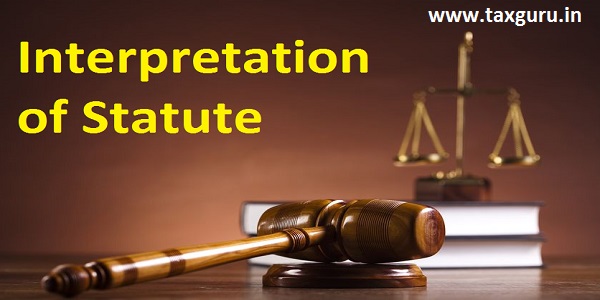








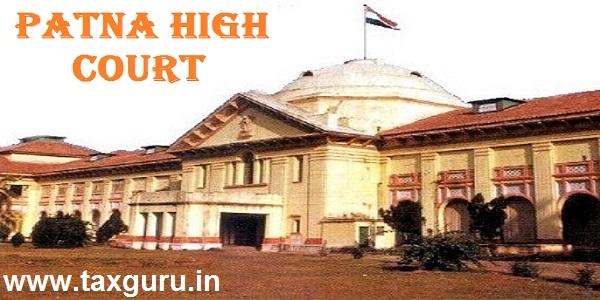






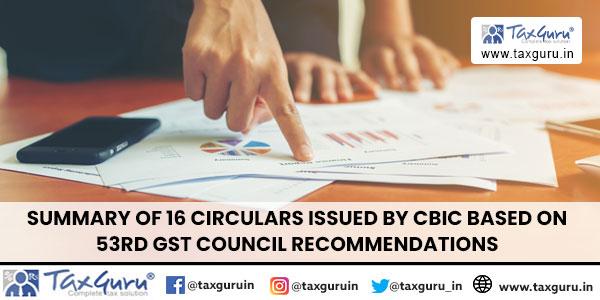

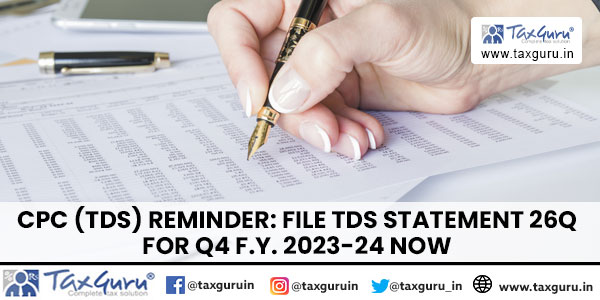
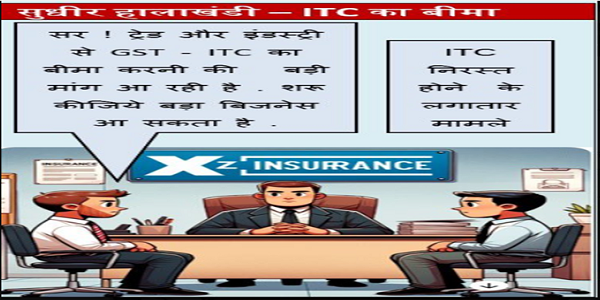

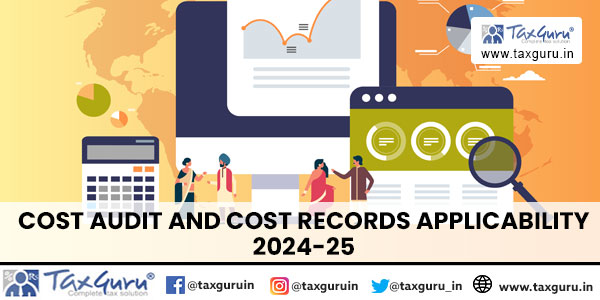









A very good compilation on interpretation of statute in taxation wherein equity and presumption has no place.